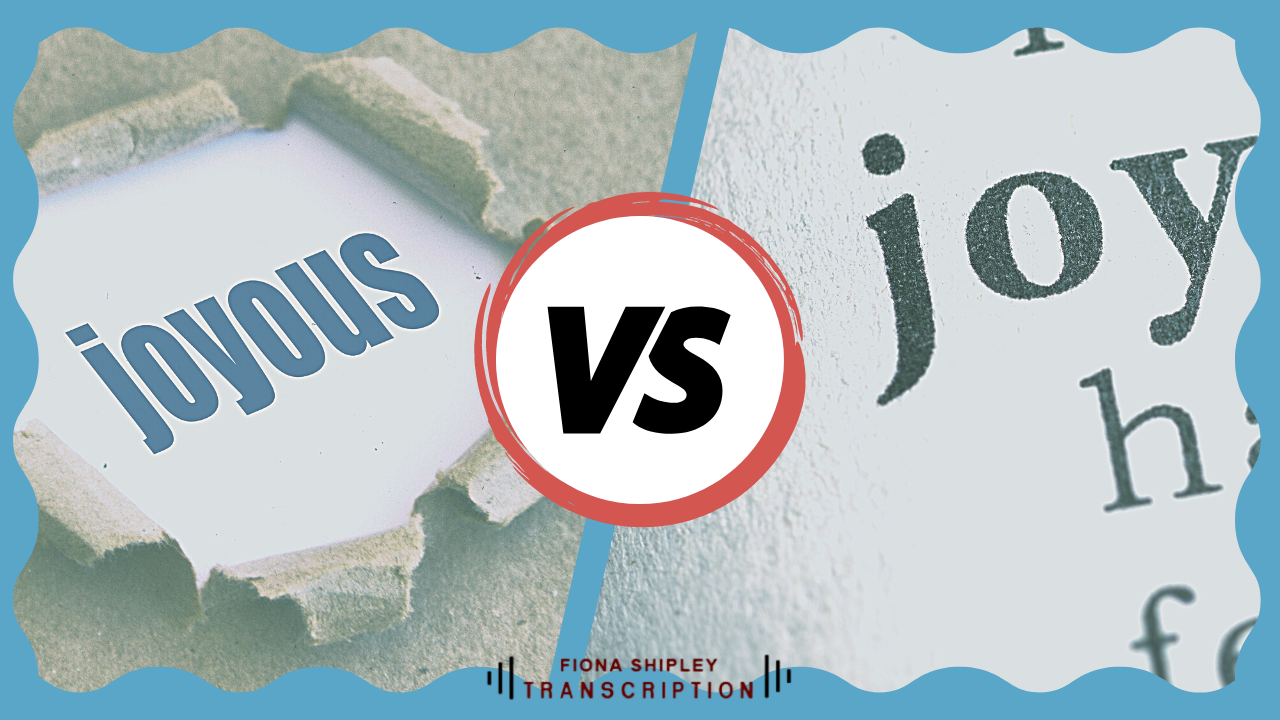We’re no stranger to the fact that English grammar and vocabulary is full of irregularities. It’s one of the biggest frustrations for non-native English speakers!
There are some words that have a similar meaning that many people use interchangeably but how do you know which version is the correct version to use?!
Here’s the lowdown on some of the most common examples:
Addicting… or addictive?
This one may seem obvious to many but we’ve definitely heard it being used in the wrong context.
If you’ve ever heard someone saying “cigarettes are so addicting” … they’re getting it wrong and the word addictive should be used instead. This is because addictive is an adjective that means “causing physiological dependence” whereas addicting is a verb and isn’t commonly used.
Here’s how you can see the difference:
Class A drugs are addictive substances.
Overmedication is addicting people to drugs.
Titled or entitled…?!
When you’re having a conversation about the latest Netflix series, new blockbuster or your favourite musician’s new album, you should use the word titled – not entitled.
Entitled is used in 2 ways:
- an adjective that means “believing oneself to be inherently deserving of special treatment and privileges” (Oxford English Dictionary).
- a verb that means to give someone the legal right to something.
If you’re talking about what something is called, you should use the word title. Here’s how you can see the difference:
Harry Styles’ new album is entitled Harry’s House – WRONG.
Harry Styles’ new album is titled Harry’s House.
Joyous or joyful…?!
This is one example where the words can almost be used interchangeably as they quite similarly mean “causing or filled with happiness and delight.” Joyous is more commonly used to describe events and places, whereas joyful tends to be used more to describe a person’s feelings of joy.
Here’s how you can see the difference:
What a joyful puppy you have!
The gathering was a joyous occasion.
Comprise or composed…?!
We begin with an example that’s a little tricky. Comprise means “include,” “contain” or “to be composed of” whereas compose means “to make up”.
You may have heard people say “the A-Level course is comprised of 8 different modules” but this is grammatically incorrect. It should be composed of — not comprised of.
The complex dish is comprised of 20 different ingredients – WRONG.
The complex dish is composed of 20 different ingredients.
To add further complication to how the words are used, you also need to ensure that when you’re using comprise the whole “thing” you’re referring to comes first and the pieces that make up the whole come afterwards.
Here’s an example of what we mean:
20 ingredients comprise the complex dish – WRONG.
The complex dish comprises 20 ingredients.
So there you have it!
And if you need any help with any transcription needs, no matter how many words your recording comprises (you see what we did there…?!) then be sure to contact us via alex@fionashipley.com.

